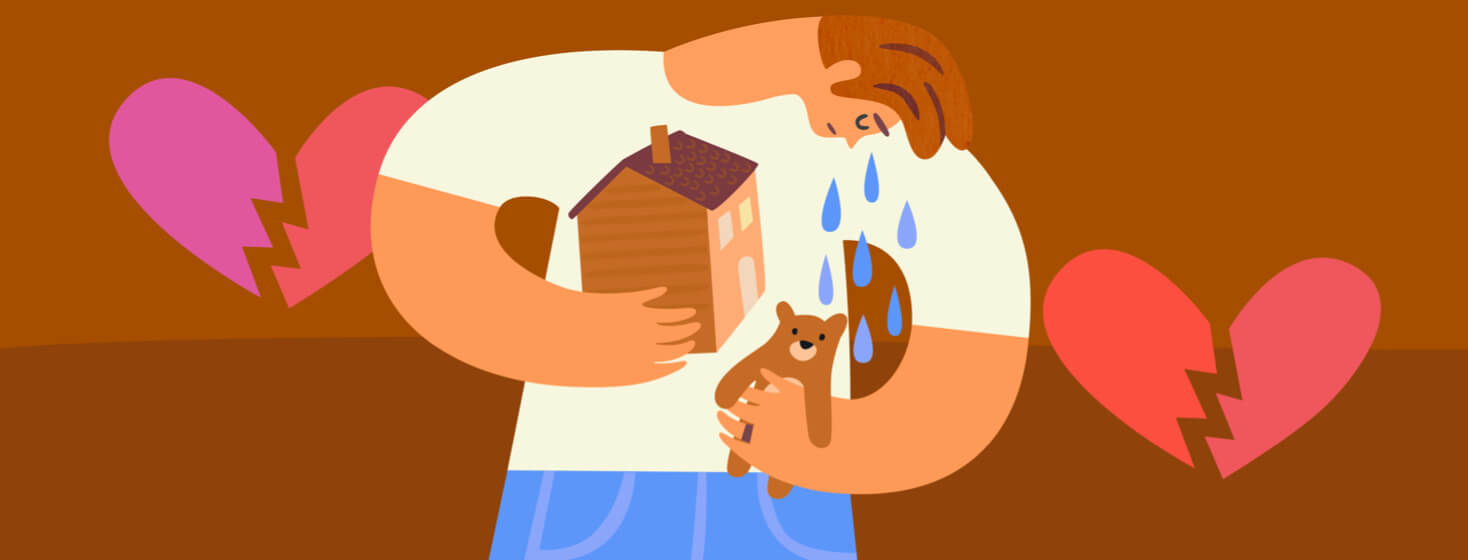Why Psoriatic Arthritis Is Much More Than Skin Deep
Psoriatic arthritis: it's all about swollen joints and rashes, right? If only. I've lived with my disease for more years than I care to count and I am still learning how to deal with its quirks every single week.
My diagnosis might have been slightly different from the norm. I have had a few forms of arthritis since I was just 11 years old.
What they don't tell you about during diagnosis
When I developed the tell-tale rashes, it was a case of a being sent to a dermatologist to confirm what my rheumatology consultant already suspected. A few years down the line today and I can appreciate there were a number of things not mentioned that perhaps should have been.
If you have been recently diagnosed or are early on in your PsA journey, here's what I wish I knew back then.
Coping with chronic fatigue
Nobody warned me about how debilitating chronic fatigue could be. At the time of my PsA diagnosis, I had lived with arthritis for over ten years and tiredness hadn't really been an issue.
Yes, constant pain or restricted movement would tire me out but the chronic fatigue that came with my psoriatic arthritis hit me like a truck. I wasn't prepared for it and wasted months searching for answers before it was associated with my disease.
Tips for coping: Should this be something you experience, my advice would be to rest when your body tells you to rest and be kind to yourself. Trying to run before you can walk will only prolong the effects of chronic fatigue.
The strain on family life
Personally, I cannot overemphasize this one enough. Psoriatic arthritis will find a way to weave its claws into everything you do. Last year was a difficult year for me, dealing with my largest flare since I was a child.
It was only as an adult dealing with such a deterioration in my condition that I appreciated how impacting it could be. We had started a family, with my son arriving at the start of 2019 and the flare meant there were days when I couldn't help out or even hold my son.
At times, I couldn't assist with night-feeds or the medication sedated me so heavily that I didn't wake to his cries. It broke my heart and for a period, I had never felt so useless. A burden. I wasn't prepared for that situation because for five years prior I was healthy - but I could have been better equipped.
Tips for coping: Talk to your partner and family. Discuss scenarios, tell them how you feel and try and minimize any surprises as best you can by having a plan. Even something as simple as 'what do we do if I wake up, you're at work and I can't get out of bed to attend to the baby?' It's a really difficult thing to talk about but I promise you it's better than the alternative and having an emergency when you're already in pain.
The impact of depression and mental health
Mental health alongside chronic illness is something that's close to my heart and that I actively campaign on to raise awareness. Not enough support, preparation or guidance is given to people living with chronic illness should mental health become an issue.
It's not just the pain, mobility issues, job insecurity or strains on relationships that psoriatic arthritis can cause that leads to depression. There's a visible element with rashes, plaques and joint deformity that can dent the confidence of even the most outgoing people. When I was younger, my disability never bothered me. If anything, it was a challenge to prove people wrong and accomplish as much as I could as 'that child with the old person's disease'.
However, as I've grown older, responsibilities have increased and life has left its scars, I have found it much harder to maintain such a positive outlook. Living with psoriatic arthritis is tough and we are not robots, we all have our breaking point.
Tips for coping: Try and educate yourself on what support is available before you need it. Never be too proud or ashamed to ask for help and learn the early warning signs so you can get help before it's really needed.
According to The Depression Project, some common signs of depression are:
- Spending all day in bed
- Being emotionally distant
- Overeating or not eating at all
- Social Isolation
- Skipping work to sleep
- Lack of personal care (i.e. not showering)
It's important to talk about your psoriatic arthritis
Talk to people about your condition and how you are feeling and most importantly, look after yourself. Afterall, psoriatic arthritis is so much more than swollen joints and rashes.

Join the conversation